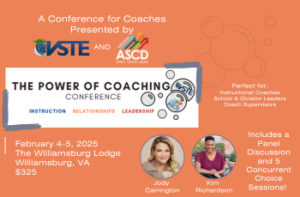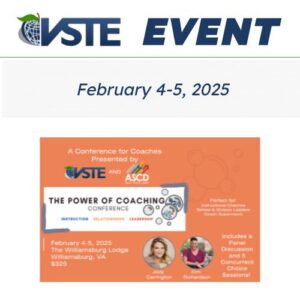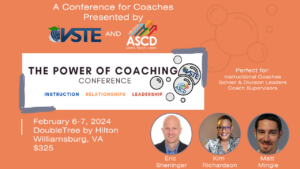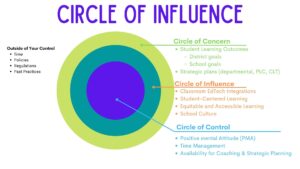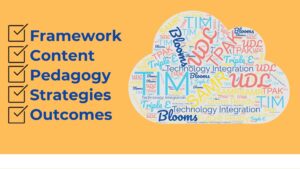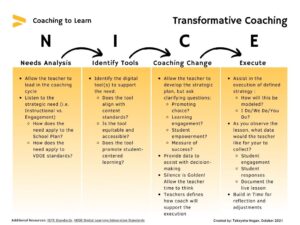Click HERE for the room block rate at The Williamsburg Lodge!
VASCD and VSTE are teaming up to bring Virginia educators the coaching conference to unpack the power of coaching!
In this two-day conference, participants will gain knowledge, skills, and dispositions necessary to effectively serve in the role of instructional coach. As more and more schools bring coaches as part of their staff and as the role of ITRT shifts from resource teacher to coach, this is a much-needed conference for building capacity and for developing strong networks of coaches, instructional leaders, and coach supervisors across the Commonwealth.
Join us for an amazing chance to learn, teach, lead, and connect!
- Instruction: Teaching and learning are the core business of schools, and the coach’s chief role is to improve and support instruction in the classroom. Sessions in the INSTRUCTION strand provide coaches, instructional leaders, and coach supervisors with practical applications to support the role of improving instruction.
- Relationships: The relationship between the coach and school leaders is a critical one for improving student learning outcomes. Sessions in the RELATIONSHIPS strand focus on strengthening the partnership between coach and school leader, data literacy, strategic planning, and roles and responsibilities of coaches and administrative teams.
- Leadership: Working with teachers and leaders is another key function of instructional coaches, and this is a different skillset when compared to working with students. Sessions in the LEADERSHIP strand will build participants’ capacity for differentiated support when working with individuals, teams, and/or large groups with a heavy emphasis on research-based development, effective professional learning strategies, and adult learning theory.
Day 1:
- General Session Keynote (Jody Carrington)
- One concurrent choice session
- Lunch and Networking
- Two concurrent choice sessions
- General Session Keynote (Panel Discussion)
Day 2:
- Two concurrent choice sessions
- General Session Keynote (Kim Richardson)
COST: $325
